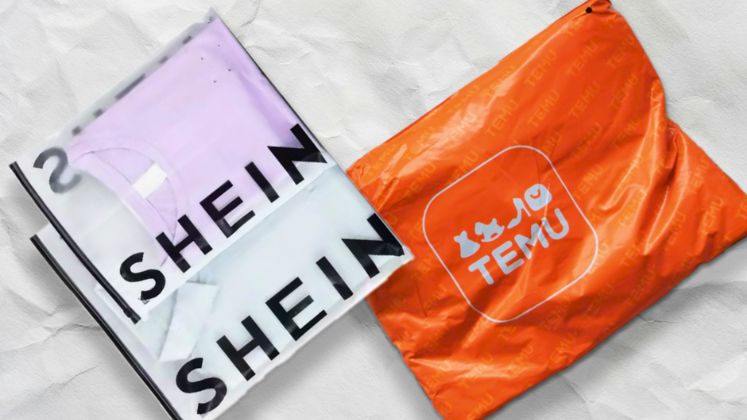
Pressure is mounting on Australia to implement a fast fashion tax following France’s groundbreaking initiative to charge low-price fashion retailers like SHEIN and Temu for their role in harming the environment.
France came into the news recently after its Senate overwhelmingly passed a historic bill to add an environmental surcharge to fast fashion products. According to the proposed legislation, firms with low sustainability ratings can be charged at least €5 per product from now, rising to €10 by 2030. The bill seeks to encourage fast fashion behemoths to develop cleaner habits—a step hailed as the first of its kind in the world.
Now, pressure is mounting on Australia to become the second country to act.
In May 2024, a report from The Australia Institute found that Australians consume the most fast fashion per capita in the world. The report identified the prevalence of polyester—a fossil fuel-derived synthetic fabric—used in low-cost, mass-produced clothing that is often discarded in landfill within a year of being bought.
Nina Gbor, who heads the Institute’s circular economy and waste program, cautioned that the eco-cost of ultra-cheap clothing must not be taken lightly. She said that to save the environment and Australian fashion industry, they need to address waste at its root by focusing on brands that inundate markets with cheap, inferior, and disposable clothes. Gbor called on the federal government to impose a worthwhile tax that would change consumer habits and channel funds towards building Australia’s nascent circular fashion economy.
The revenue from the tax, she claimed, could be channelled to encourage reuse, repair, and recycling activities and bolster the local textile industry.
Industry participants are pushing back, though. In a post-French Senate vote statement to the BBC, a SHEIN spokesperson cautioned that the policy has the potential to undermine consumer purchasing power, particularly amid current cost-of-living pressures.
Both Temu and SHEIN—two of the world’s fast fashion leaders—are based in China and have expanded their businesses aggressively by providing customers with rock-bottom prices and a wide, constantly changing assortment of designs. Temu, though typically bracketed with fashion retailers, identifies itself as a digital marketplace, not a manufacturer.
As environmental and consumer groups step up their criticism of the industry, pressure is building on Australia to introduce new laws that address the hidden environmental costs of fast fashion’s low prices and convenience.






